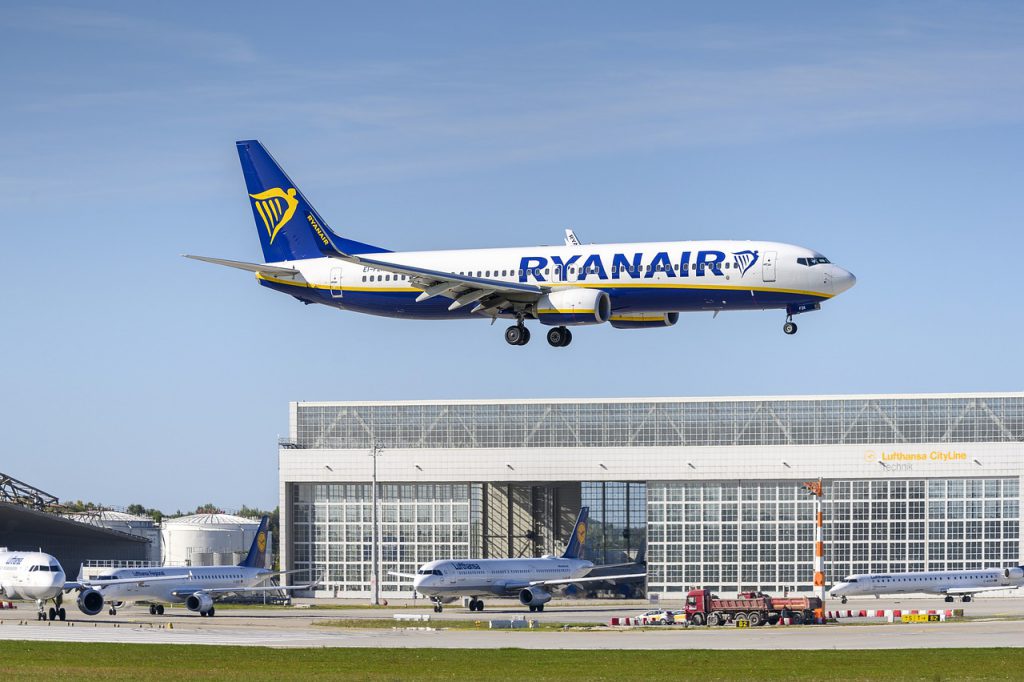Why Ryanair Isn’t Following Wizz Air To The Wider Middle East & Asia
Ryanair, the Irish low-cost airline, has been expanding rapidly in recent years, but unlike its competitor Wizz Air, it has not made any moves to expand into the wider Middle East and Asia markets. While Wizz Air has announced plans to launch new routes to the Middle East and Asia, Ryanair seems to be content with its current market position. So why is Ryanair not following Wizz Air into these new markets? Let’s take a closer look.
Market Saturation
One of the reasons why Ryanair may not be expanding into the wider Middle East and Asia markets is that these markets are already quite saturated. Many airlines, both full-service and low-cost, are already operating in these markets, and competition is fierce. Ryanair may feel that it is better to focus on expanding in its existing markets rather than entering new markets where it will face stiff competition.
Focus on Europe
Another reason why Ryanair may not be expanding into the wider Middle East and Asia markets is that it is focused on expanding its presence in Europe. Ryanair has been rapidly expanding its route network in Europe, adding new destinations and increasing its frequency on existing routes. By focusing on Europe, Ryanair can consolidate its market position and become the dominant low-cost airline in the region.
Different Business Models
Ryanair and Wizz Air have different business models, which may also explain why Ryanair is not following Wizz Air into the wider Middle East and Asia markets. While Wizz Air is focused on expanding its network by launching new routes to underserved markets, Ryanair is focused on operating on high-density routes where it can maximize its revenue per seat. Ryanair’s business model may not be as well suited to the wider Middle East and Asia markets, where demand is more dispersed and there may be less opportunity to operate high-density routes.
Regulatory Hurdles
Finally, regulatory hurdles may also be a factor in Ryanair’s decision not to expand into the wider Middle East and Asia markets. Many countries in these regions have complex regulatory environments, and obtaining the necessary approvals to launch new routes can be time-consuming and expensive. Ryanair may feel that the regulatory hurdles in these markets are too high, and that it is better to focus on expanding in markets where the regulatory environment is more favorable.
Conclusion
While Wizz Air has announced plans to expand into the wider Middle East and Asia markets, Ryanair seems content to focus on expanding in its existing markets. There are a number of reasons why Ryanair may not be following Wizz Air into these new markets, including market saturation, a focus on Europe, different business models, and regulatory hurdles. While it remains to be seen whether Ryanair will eventually enter these markets, for now, it seems to be content with its current market position.

